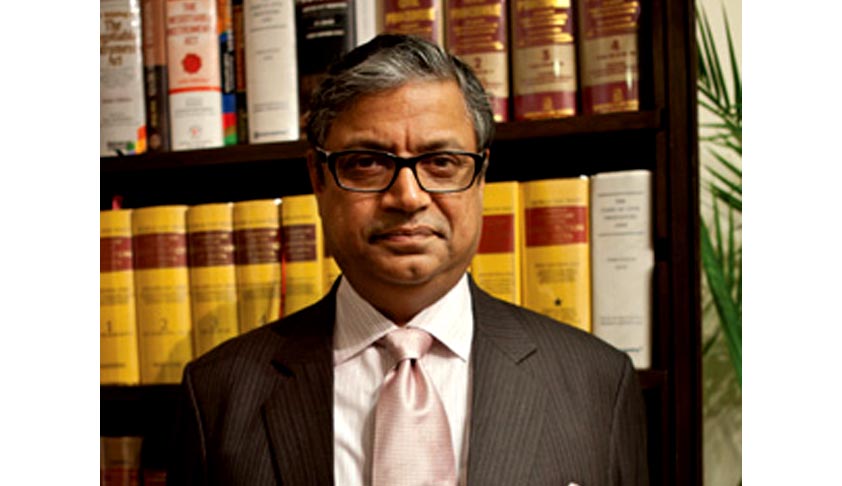Government refuses Gopal Subramanium’s appointment as Supreme Court Judge
Apoorva Mandhani
19 Jun 2014 11:10 AM IST

Next Story
19 Jun 2014 11:10 AM IST
The Government has reportedly turned down the appointment of Gopal Subramanium as a Supreme Court judge, while clearing the names of senior advocate Rohinton Nariman and the Chief Justices of the Calcutta and Orissa High Courts, Arun Mishra and Adarsh Kumar Goel. The name of the former Solicitor General of India has been sent back to the Supreme Court collegium headed by Chief Justice of...
